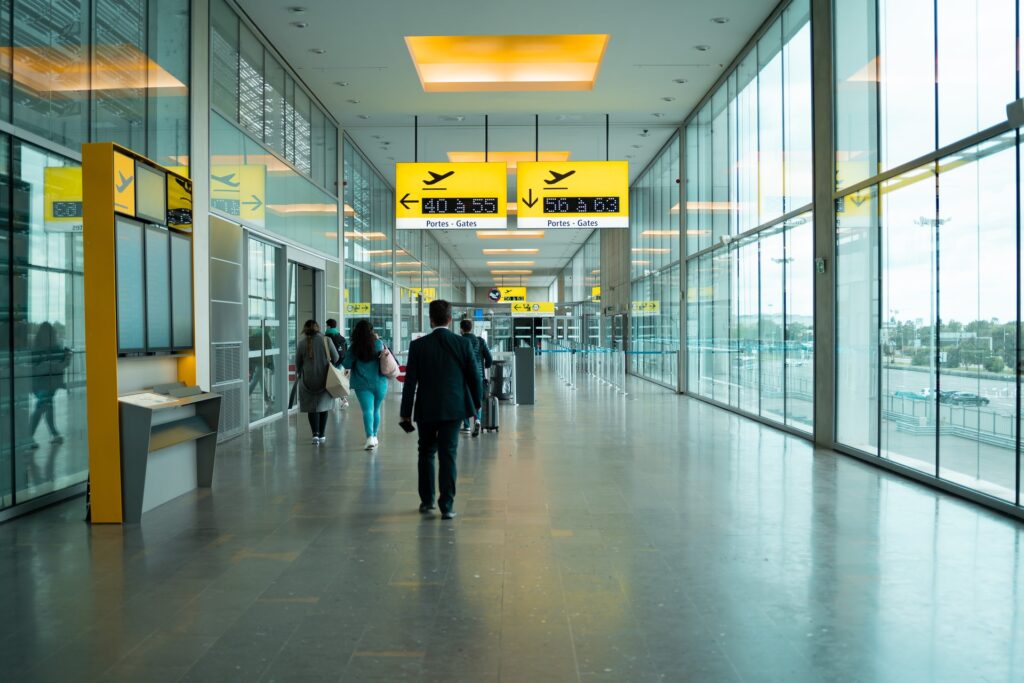
In the last few weeks, Europe has witnessed an increase in the number of COVID cases as well as the spread of the latest and most contagious strain, Omicron. However, while the European Commission announced in December 2011 that the EU Digital COVID Certificate (DCC) would be valid for nine months without the need for a booster shot, a number of EU countries – such as France, Italy, Denmark and Malta – have decided to reduce the validity of vaccination passes for national use to seven or three months instead. In addition, a number of nations have enacted extra testing criteria that apply to EU travellers who have been vaccinated or recovered, which is in direct conflict with the present Council Recommendations.
The emergence of a new patchwork of rules across Europe is causing great alarm among transportation and tourism associations. According to the European Commission, a uniform validity term for the DCC “is a requirement for safe free movement and EU-level coordination,” and the industry endorses this position. Despite the fact that the Commission advises that EU Member States apply the same DCC validity term for intra-EU travel and national travel, the growing disparity between the two is concerning. Equally important, Member States should adhere to the Council Recommendations as they are agreed upon and revised on a regular basis, in order to ensure that travel between the Member States is possible at all times and under equitable conditions throughout the EU.
COVID-19 has resulted in the worst worldwide recession since the Second World War, according to the World Bank. From 2019 to the present, the EU has fared worse compared with the United States and China in terms of economic performance, with estimates indicating that recovery will be improbable before 2023. Southern European countries have been particularly badly struck, and the travel and tourism industries, without a doubt, have suffered more than any other industry.
Despite the fact that the pandemic has been raging for the past two years, certain EU Member States have continued to act independently, implementing a different DCC validity period as well as differing guidelines for children and young adults under the age of 18. This will have a direct impact on families that want to travel for the winter holidays and later in the spring season.
Individual travellers and businesses alike are negatively impacted by the irregularity of travel restrictions across the EU, which makes it difficult to plan future journeys and vacation plans. Booking rates in the transportation and tourist industries are still at least 30% below the levels expected in 2021.
In addition, the European Centre for Disease Prevention and Control’s (ECDC) most recent guidance to reduce ongoing transmission has focused on strengthening non-pharmaceutical interventions; these include avoiding large public or private gatherings, extended use of face masks, reduced contacts between groups of individuals in social or work settings, teleworking, and reduced inter-household mixing – but does not include travel restrictions. Travel restrictions have also failed to prevent the spread of Omicron across international borders, according to the World Health Organization (WHO), which notes that such precautions have proven to be “ineffective over time.”
Uncoordinated travel restrictions across the EU put the DCC’s goal of promoting safe and open mobility across the EU in jeopardy, as does the introduction of such restrictions. The travel and tourist industries have already suffered severely as a result of the pandemic, and the economic impacts are expected to last for many years to come, according to experts. Coordination between national governments to provide clear, safe, and consistent rules is required now more than ever to support traveller confidence, save the summer travel season, and ultimately ensure economic recovery.
Source ERA
